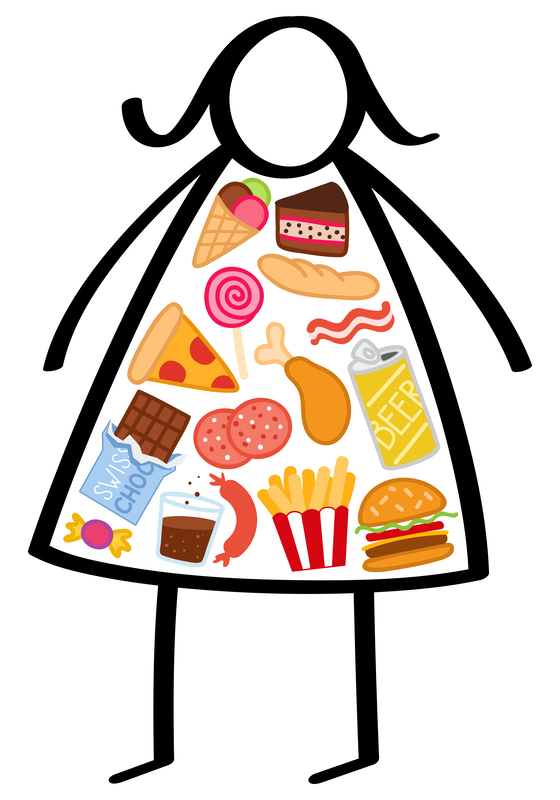We all know there is a right way and a wrong way to do everything in life. But what is one person’s right way and another’s can be so totally different that it seems there really is no right way. This is no truer than when it comes to weight loss and maintaining a proper weight. There are so many factors to consider when choosing a method of losing weight. Diet is obviously key, so is exercise, but where do we begin, and what do we do when those two fail?
First of all, there is no magic bullet. There is no one size fits all approach. There is no guarantee. Everyone has different physiologies, schedules/time to prepare meals and exercise, and different health concerns to consider. With that in mind, let’s look at some considerations.
Everyone has to eat. Some people gain weight because they eat too much and some people gain weight because they eat too little. So how much is enough? Roughly what you can hold in your hands when they are slightly cupped, side by side, face up. Men have bigger hands, so they get to eat more. That, in each meal, three times per day, or equivalent for those who for blood sugar reasons need to eat more often.
When you do eat, slow down. Your food needs to be a liquid when swallowed, to allow enough enzymes to work on it. If you eat too fast, you bypass the natural mechanism that says you’ve had enough. You then rely on a full sensation in the stomach rather than the brain saying you are satiated.
Don’t eat when stressed. Stress is interpreted by the body as a fight or flight mechanism and anything not needed to either fight or flee gets shut down. You don’t need digestion for that. So, stressful mealtimes mean insufficient digestion. Insufficient digestion results in poor absorption. Poor absorption means the brain doesn’t feel like you’re getting enough nutrients and turns on the hunger mechanism, causing you to over – eat or to eat the wrong foods.
Eating sugar and starchy foods, collectively referred to as “carbs” – breads, cereals, chips, rice, potatoes, pasta, etc., is pretty well commonly agreed upon as a cause of weight gain. But how much is too much? You should never eat more than 20-25% of your total meal in carbs. If you really want to lose weight, you can omit them altogether. However, we do need carbs, so getting too radical about it isn’t going to help you either. Vegetables have carbs and it’s generally better to stick to those types of carbs, but again, allow others now and then.
This is just the tip of the ice berg. We haven’t covered even a fraction of food choices or the “questionable” foods, and we haven’t covered health challenges. There are several articles on my website that go into more detail on the factors that inhibit weight loss. Read those articles at http://bit.ly/VHWeightControl.
©2018 Holly A. Carling, O.M.D., L.Ac., Ph.D.







